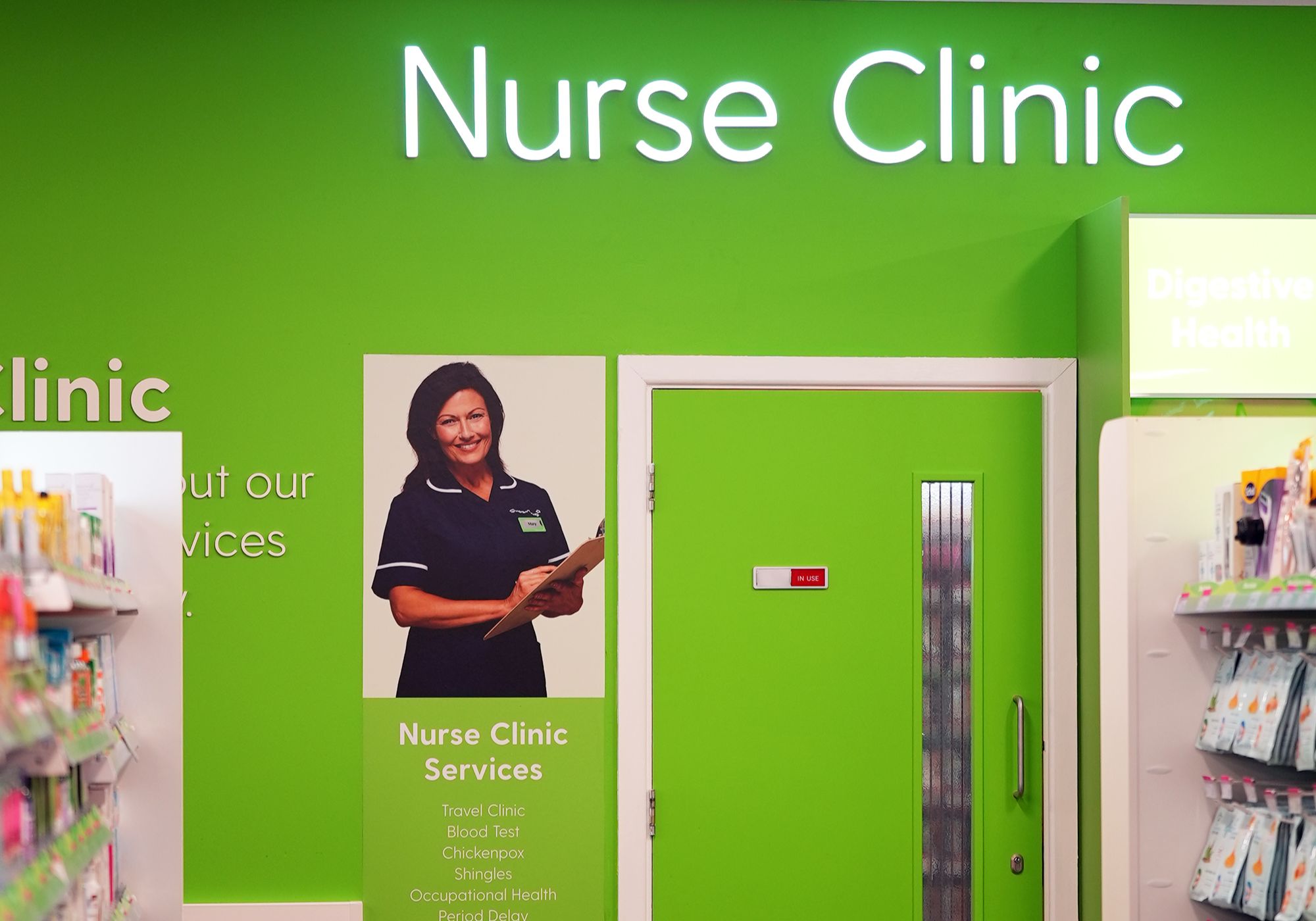Fresh warnings that businesses across sectors must step up their preparations for a no-deal exit from the European Union in the time they have ahead of the October 31 Brexit deadline have today come from the Institute of Directors (IOD)
IOD interim director general Edwin Morgan says that businesses must take real action, given that most of its members say in a new survey a no deal exit would harm their business, and that some Conservative leadership candidates, including the current frontrunner Boris Johnson, say the UK must leave the EU by October 31, deal or no deal.
The deadline presents a particular challenge for retailers, who will by then be well into preparations for Black Friday and peak pre-Christmas trading. Black Friday this year falls less than a month later, on Friday November 29, and, if patterns from previous years are a guide, many retailers may decide to start their discounting earlier. That implies there will be a need to store retail goods in the run-up – which may clash with repeated stockpiling ahead of the deadline.
Morgan said: “If businesses can’t have faith in politicians, that means they have to look out for themselves. With business costs rising in many quarters, and management time precious, it’s understandable that firms don’t want to put resources towards preparing for something we still hope won’t happen. But the risk of no deal is very real, and so we’d urge all businesses, if they haven’t done so already, to carefully consider their exposure and draw up mitigation plans now.”
He said that the beginning of voting in the Conservative leadership election showed a very real possibility of a no deal exit. But he said that no deal did not represent a clean break from the EU, since the UK would have to go into talks with the EU again. “Far from providing clarity,” said Morgan, “a WTO exit simply extends uncertainty about the future, so it is no surprise a clear majority of IoD members say no deal would harm their business.”
The IoD survey questioned 992 respondents between April 15 and May 5. It found that 23% had already activated contingency plans, that 18% had drawn them up but not activated them. The largest group (32%) said it had no intention of drawing up plans, and would only make changes once the new UK/EU relationship situation becomes clear. A quarter (25%) said they had no intention of drawing up such plans, since they did not expect to be affected by Brexit.
The study also asked whether businesses had changed their approach in the light of the extension to October 31. Some 12% said they would hold off on implementing contingency plans because of the extension, while half said they would continue with their current approach. Only 2% said they would speed up their contingency plans, and the same proportion said they would now start drawing them up. Just under a third (32%) said they would not be planning, while 2% didn’t know.
The retail response to no-deal
The IOD findings echo recent British Retail Consortium concerns. Helen Dickinson, BRC chief executive said last week: “The BRC has consistently made the case that a No Deal Brexit would see the prices of many everyday items rise. Our own research suggests that currency depreciation, additional documentation checks and requirements, tariffs on some goods, as well as delays at the border, would all contribute to higher prices and a reduced selection.
“The October 31 deadline is a particularly busy time for retailers. Not only are they stocking up for Black Friday and Christmas, but the proportion of food products imported from the EU is significantly higher than during the summer months. This would exacerbate the impact of a No Deal for both consumers and retailers.
“Businesses are spending hundreds of millions of pounds putting in place mitigations against a no deal Brexit – this represents time and resources that would be better spent improving customer experience and prices. Retailers cannot continue to spend this money indefinitely. MPs must find a compromise which can avoid a disastrous no-deal scenario.”
Joe Farrell, vice president of international operations at logistics business at PFS, agrees with the IOD that retailers must take action now.
“Figures from the IOD have revealed that despite a seven month delay, less than half of businesses have Brexit plans in place,” he said. “This news serves as a stark reminder that online retailers, who trade both in the UK and EU, need to act now in order to protect their customers from the implications a no-deal Brexit could have on cross-border trading and therefore the overall fulfilment experience.
“Whilst many retailers have considered splitting their inventories, basing fulfilment in both the UK and the mainland continent, time is running out. Pop-up fulfilment centres however, could serve as a short-term solution to this. These temporary distribution centres can be rapidly deployed to serve a particular region and can boost customer experiences with fast delivery times.
“Whilst the post-Brexit future still remains unclear, one thing is for certain – e-tailers must ensure they are agile enough to adapt. Preparation will be the key for online retailers navigating the stormy seas of Brexit and will be crucial to survival in today’s turbulent market place. Being able to respond to the challenges of Brexit will be essential in providing a seamless delivery experience that meets or exceeds customer expectations.”
Image: Fotolia






